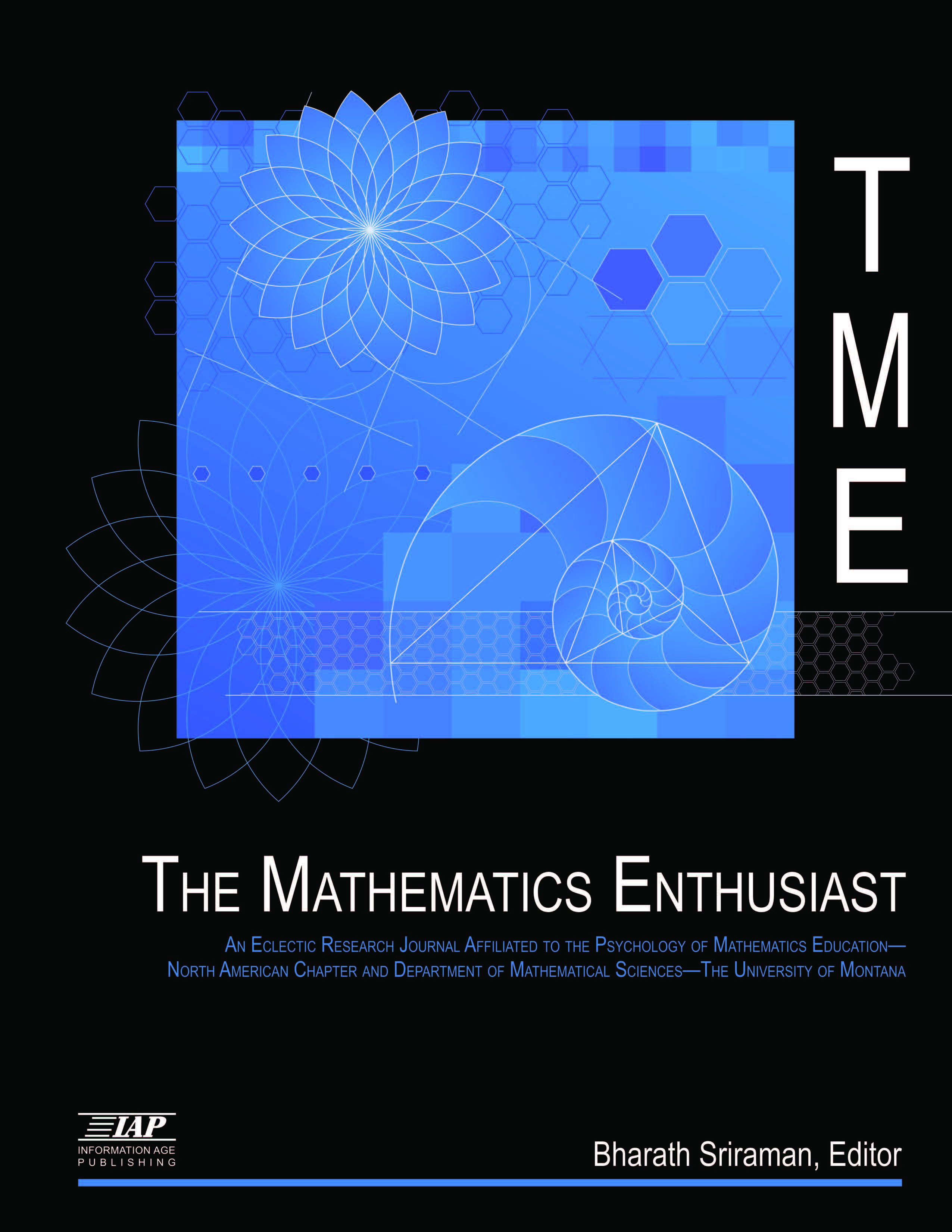
Volume
19
Issue
1
Abstract
In this article, we present a decolonial stance in Mathematics Education, which is not understood as a qualification attributed to particular actions or practices as opposed to others, nor as a tendency that theoretically or methodologically constrains research production, but as a political and epistemic position of permanent transgression and insurgency concerning the patterns of world power established by the myth of Western modernity. From this understanding and towards a political agenda in Mathematics Education, we propose, with no pretensions of totality, a set of situated actions: in Mathematics, in its ontological, epistemological and methodological perspectives, problematizing the naturalization of practices and conceptions on the discipline and its teaching, and setting it in a movement of political-epistemic disobedience; in collective memories linked to Mathematics and Mathematics Education, deconstructing Eurocentric narratives which invibilize bodies, knowledges, and ways of being in the world; in Mathematics teachers’ education processes, incorporating and acknowledging the protagonism of other subjects, territories, and their knowledges.
First Page
6
Last Page
27
Recommended Citation
Santos Fernandes, Filipe; Giraldo, Victor; and Matos, Diego
(2022)
"The Decolonial Stance in Mathematics Education: pointing out actions for the construction of a political agenda,"
The Mathematics Enthusiast: Vol. 19
:
No.
1
, Article 3.
DOI: https://doi.org/10.54870/1551-3440.1543
Available at:
https://scholarworks.umt.edu/tme/vol19/iss1/3
Digital Object Identifier (DOI)
10.54870/1551-3440.1543
